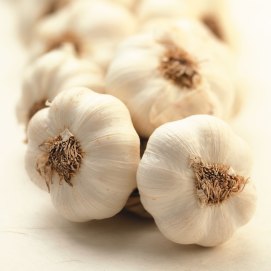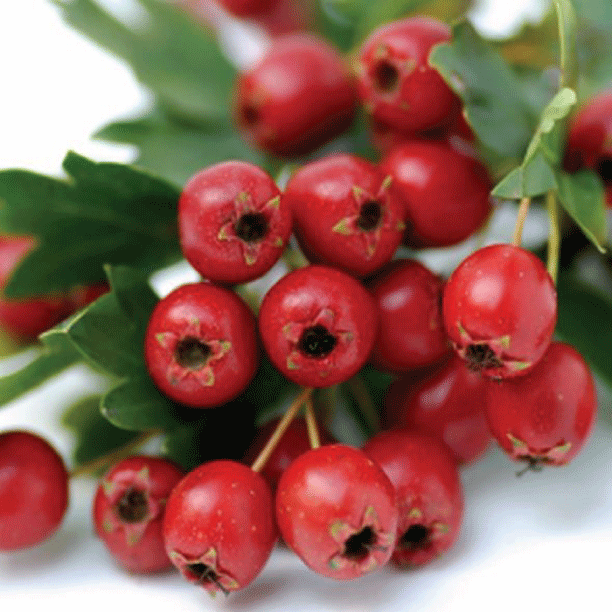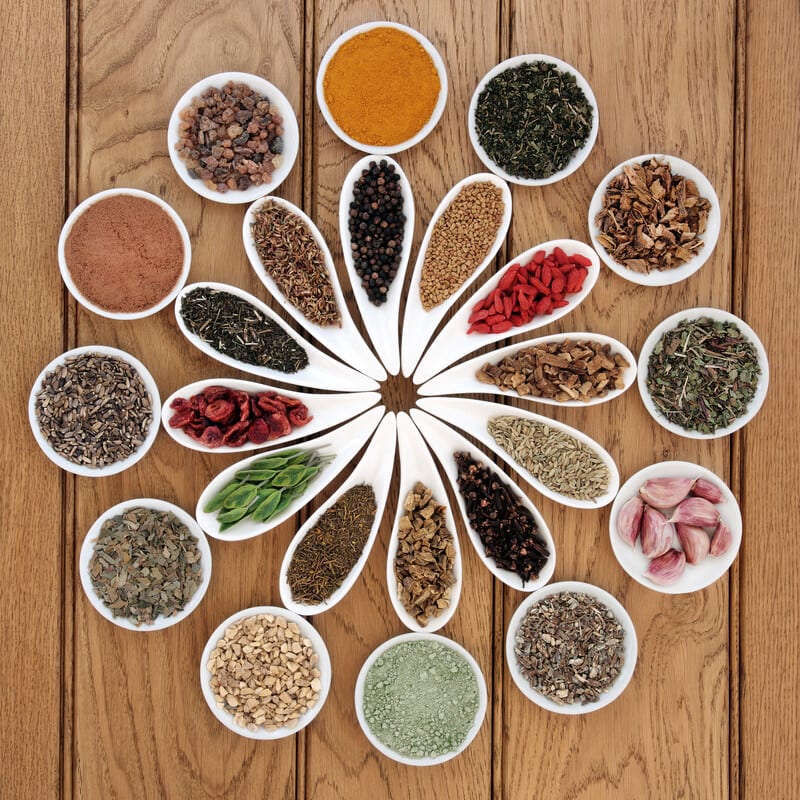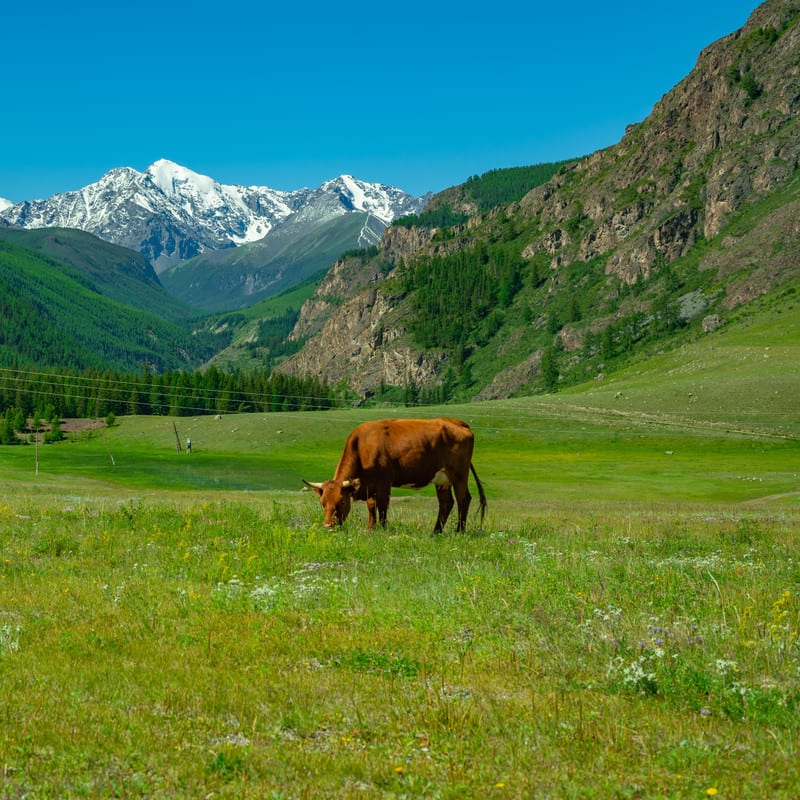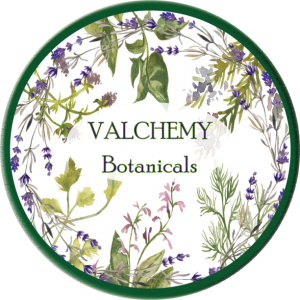Humanity has lost its connection to nature. We’re so bombarded with artificial imagery and ideals of superficial living that most of us think taking in an occasional sunset or going for a bush-walk is what it means to be united with our Mother Earth. These practices are wonderful, and very grounding, however they are temporary and don’t truly represent the holistic way we most naturally connect to the spirit of our world and the life that it breathes.
As a culture, we have become disconnected from our food. We have forgotten the cycles of natural systems. We are blind to the divine patterns found in nature. We have lost the innate wisdom of knowing our environment like the back of our heart, and knowing our place within it. Instead we have accepted urbanization of our civilization as ‘natural’. In cities we live in a cement jungle, on top of each other but isolated from each other and our natural environment. (In this context, the rise of social media technology is an ironic twist.)
But this is all by design; and the way in which we engage with our local community has been inhibited by the organisational systems that the majority of us subscribe to without question.
And for what? For a sense of security? Or a sense of community?
In reality, this way of living provides us neither. Disconnected, we have no idea where our food comes from, or where our garbage goes. Our security becomes dependent on the mechanisms of society, providing fuel to corporate and governmental power structures. Because of the State dependence nationalism and globalisation creates, our local communities no longer function as unified inter-related wholes, driving the sense of separation within communities and often leaving its members with few constructive common interactions — a crucial element in creating a sense of comm-unity.
And the result? We work to accept the unsustainable principle of perpetual economic growth, diligently accepting a life of 9 to 5 jobs we don’t even enjoy and willingly sacrifice our natural world to ensure the whole system continues, to the benefit of a small elite group of families.
Consumerism has harmed our collective and environmental wellbeing. Materialism has eroded our value systems and fueled a cultural existential crisis. Globalization has polluted our planetary and community health. Industrial agriculture is killing our ecological systems and failing to feed the population of earth.
There has to be other ways.
Well, there are. One is called permaculture. This age-old method of living cooperatively with nature is being embraced once again, leading communities toward a self-sustaining future of chemical-free agriculture.
Permaculture – What Is It and Why Is It Important?
Developed for the modern age by Australians Bill Mollison and David Holmgren in the 1970’s, permaculture has spread wildly throughout the world. The term initially meant ‘permanent agriculture’, however it evolved to also represent ‘permanent culture’.
Permaculture is a practice which can provide most of our resources locally, yet it’s more than just an agricultural practice — it starts with ethics.
Please use source link below to read more.
By Phillip J. Watt, Guest Writer for Wake Up World
Phillip J. Watt lives in Sydney, Australia. He identifies as a ‘self-help guide’ as he has long focused on his physical, mental, emotional and spiritual health and then shares those lessons with his clients and readers. His written work also deals with topics from ideology to society, as well as self-development.
Phil has a degree in Social Science and Philosophy and has been trained extensively in health services. He assists adults, children and families as a mentor, relationship mediator and health and life teacher. He also provides online support services for personal healing and growth, assisting his clients to grow their skills and knowledge in life management and adventure.
(Source: WakeUp-World.com; July 12, 2015; http://tinyurl.com/pgg2d9g)


